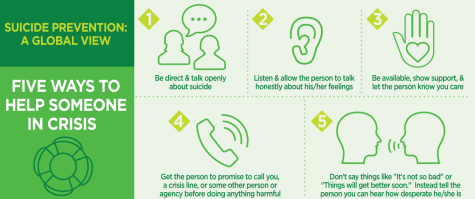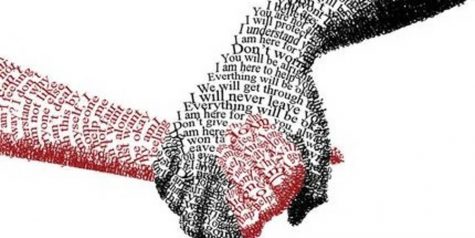Facing the holiday blues can teach you to celebrate wonders of reality

The holidays are a time where families can get together and celebrate with each other. It is a time for reconnection and joy.
And, yet, for many people the holidays can bring on waves of sadness, depression and loneliness. This feeling is known as the Christmas blues or holiday depression.
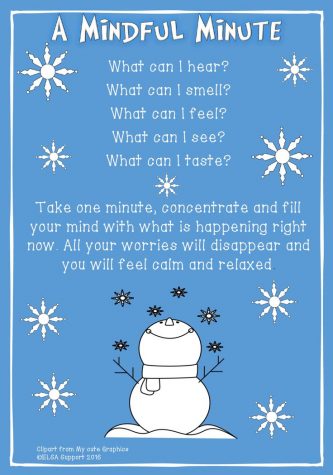
Christmas Blues can mean different things to different states of mind but there are characteristics that seem to be the same throughout the different psychological state of depression. What exactly are the Christmas blues? Some symptoms of Christmas blues are headaches, appetite changes, anxiety, sleep problems, and decreased interest in food, sex, work, family, and hobbies.
According to the “National Institute of Health, Christmas is the time of year that many people experience sustained “blues” and even depression.” Hospitals and police forces report the high incidences of suicide and attempted suicide. “Psychiatrists, psychologists and other mental health professionals report a significant increase in patients complaining about depression.”
The symptoms can be similar to Seasonal Affective Disorder (SAD). Seasonal affective disorder is depicted by feelings of sadness and depression that occur in the fall or winter months when the temperatures begin to drop. The depressive episode is usually associated with excessive eating, sleeping, and weight gain. Depressive symptoms begin in the fall or winter and persist until the spring. And repetitive days of gray, rainy weather make the symptoms worse.
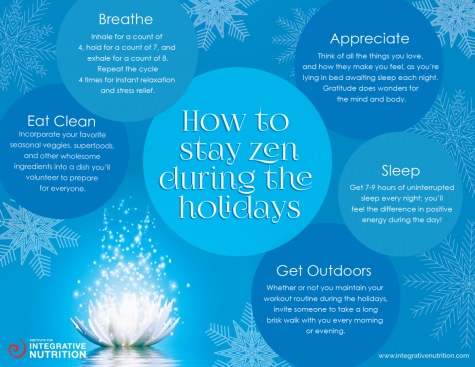
For others, the Christmas Blues depressive state comes out in the form of anger. NIH states, “For some people, they get depressed at Christmas and even angry because of the excessive commercialization of Christmas, with the focus on gifts and the emphasis on “being perfect’ and forced attendance to social activities.” Other get depressed because Christmas appears to be a “trigger to engage in excessive self-reflection and rumination about the inadequacies of life (and a “victim” mentality) in comparison with other people who seem to have more and do more.”
Triggers can be the loss of a loved one, not getting to visit with a parent, spouse or sibling, being homesick or general loneliness for someone you can’t be with. The holiday is a large reminder when so many are posting happy pictures on social media or conversations are centered around those who are going to visit.
A common thread in all of the symptoms is the frustration with the inability to change the situation. Those who get sad or depressed at Christmas time will have a better holiday if they can remind themselves that Christmas is a set of days that doesn’t last forever.
Teach yourself to prepare for the Christmas Blues by planning for the next. Accept it is a reality and take charge of changing the reality.
How to change the Blues to a cruise?
- Practice good self care: This includes things like eating right, exercising regularly and getting plenty of rest. Getting outside for short walks is extremely helpful because being indoors can stagnant the one’s mood. Being outdoors will enable a person who is sad or depressed to get out of this stagnant environment.
- Stay in a sleep routine
- Setting realistic goals: Setting goals can help people feel less stressed, and feeling less stressed will help reduce the feelings associated with the Christmas blues. If you do not have any “real” family to spend time with create a new family by volunteering.
- Don’t over drink or medicate: Using alcohol to medicate and “numb” feelings will only make the physical and emotional feelings worse.
- Keep your thoughts on the present not the past: It’s also important not to dwell on the past or anything negative. It can be hard but there are better ways to help get over your Christmas blues.
- Recognize that the Christmas blues are normal and should not cause one to feel ashamed. The reality of loss happens. Homesickness is normal. Missing people you want to be with at important times of your light is expected and normal.
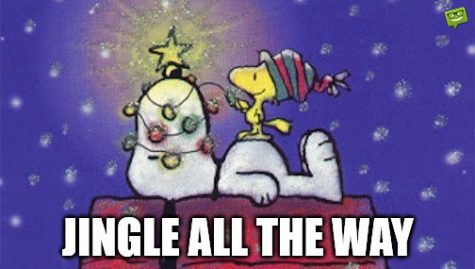
Taking care of one’s self will improve the loneliness and sadness. By definition if you care for yourself you will heal yourself.
What if you don’t get the blues around this holiday? You can really help another by being a friend, reach out with kindness, help keep your friends active. You will both benefits from this. The Christmas season is an opportunity to reach out to those who become blue, depressed or are less fortunate. For those who have the difficulties with the season, it’s an opportunity to take action to think, feel and act in ways that breaks free from the past.
My name is Casey Tomlin and I am a senior at Hillsboro High School in the Global Health and Science Academy.
My interests are reading, listening to...




